Elite Life Agency Blogs
Agent Information and Blog

Entry Level Insurance Agent Positions | Descriptions & Salaries for September 2023
Entry Level Insurance Agent Positions: The Importance of Emotional Intelligence
What is Emotional Intelligence?
As an entry-level insurance agent, your job requires not only technical knowledge but also a high level of emotional intelligence. Emotional intelligence or emotional quotient (EQ) refers to the ability to understand and manage your emotions, as well as the emotions of others. This skill helps you navigate different situations, communicate effectively, and build meaningful relationships with clients, colleagues, and stakeholders. In the insurance industry, emotional intelligence is crucial, as it can make a significant difference in your success and the success of the company.
How Can Emotional Intelligence Help Entry-Level Insurance Agents in Selling Life and Health Insurance?
Emotional intelligence is particularly important in selling life and health insurance, as it involves dealing with people's sensitive issues such as their health, finances, and well-being. By developing your emotional intelligence, you can understand the needs, concerns, and motivations of your potential clients, and tailor your

approach and communication style accordingly. For instance, if a client is hesitant to purchase a policy, you can use empathy and active listening to address their concerns and offer helpful solutions. By doing so, you can build trust and strengthen your client base, which is essential for long-term success.
Besides, emotional intelligence can also help you in other aspects of your job, such as marketing, customer service, and team collaboration. You can use your interpersonal and organizational skills to motivate yourself and your team, analyze sales strategies and marketing data, and develop mutually beneficial relationships with key stakeholders.
Overall, emotional intelligence is a critical requirement for entry-level insurance agent positions, and it can propel your career to new heights. By developing this skill, you can qualify for various types of insurance policies, such as life insurance, retirement annuity, and estate planning, and get paid competitively. Join our growing team as an entry-level insurance agent and discover how emotional intelligence can take your career to new heights.
Entry Level Insurance Agent Positions: How Emotional Intelligence Can Help
The Importance of Emotional Intelligence in Selling Life and Health Insurance
When it comes to selling insurance policies, emotional intelligence can make a significant difference in an agent's success. As an entry-level insurance agent, it is essential to understand and develop your emotional intelligence skills to build strong client relationships, understand their needs, and successfully close sales.
Using Emotional Intelligence to Understand and Connect with Clients
One of the primary benefits of emotional intelligence for entry-level insurance agents is the ability to understand and connect with potential clients. Emotional intelligence allows agents to empathize with clients, understand their unique situations, and build a connection that goes beyond selling a policy. By developing strong interpersonal communication skills, entry-level agents can expand their potential client base and establish lasting relationships with clients.
The Role of Emotional Intelligence in Sales Strategies
Sales strategies are essential to the success of any entry-level insurance agent. However, developing effective sales strategies involves more than simply understanding the types of insurance policies available or knowing how to analyze long-term retirement and estate planning needs. Emotional intelligence allows agents to motivate

and inspire clients to take action, whether it's to qualify for a life insurance license or to invest in a mutual fund or annuity. By understanding the emotional needs of clients, entry-level agents can develop sales strategies that are tailored to each client's unique needs.
Building a Successful Career as an Entry-Level Insurance Agent
If you're interested in pursuing entry-level insurance agent jobs, there are several essential requirements to keep in mind. First and foremost, you must have excellent communication skills and be a people person. Additionally, it's essential to have strong organizational skills, experience with customer service, and proficiency in Microsoft Office and other analytical tools.
To find your next entry-level insurance agent position, consider researching insurance companies with a growing team as an entry-level representative. Many insurance companies offer part-time or full-time positions with added daily sales incentives, bonuses, and competitive salaries. Before you apply, make sure to update your resume to highlight your emotional intelligence skills, sales strategies, and other relevant qualifications.
In conclusion, as an entry-level insurance agent, developing strong emotional intelligence skills can make a significant difference in your career success. By understanding and connecting with clients empathetically, developing effective sales strategies, and meeting the various requirements of a successful insurance agent, you can take your career to new heights. As job seekers looking to join our team or other companies in the industry, it is essential to recognize the importance of emotional intelligence and how it can help set you apart from the competition.

Thanks for reading our article "Why Entry Level Insurance Agents Must Have Emotional Intelligence in 2023!" Find more information about our company and sign up with us today at https://elitelifeagency.com.
Here are a few other reputable sources if you're interested in learning more about this topic:
1. Forbes - forbes.com
2. Harvard Business Review - hbr.org
3. Psychology Today - psychologytoday.com
4. MindTools - mindtools.com
5. The Emotional Intelligence Institute - emotionalintelligenceinstitute.com.au



